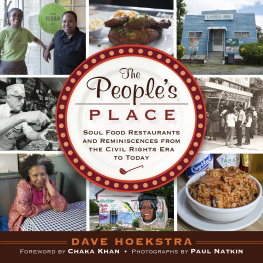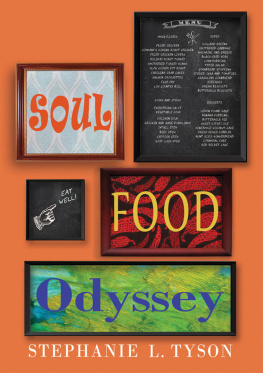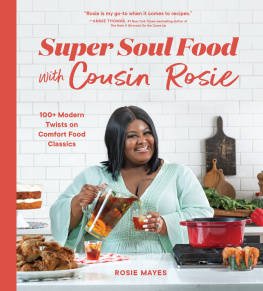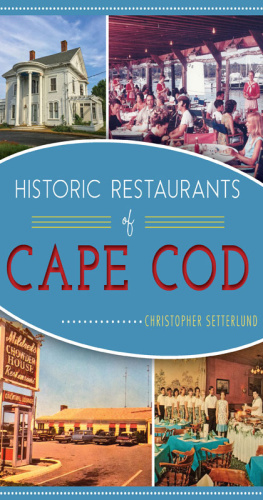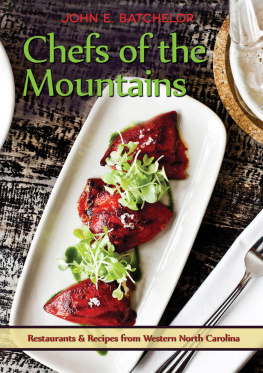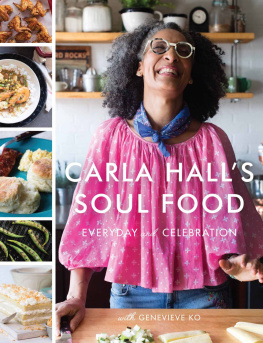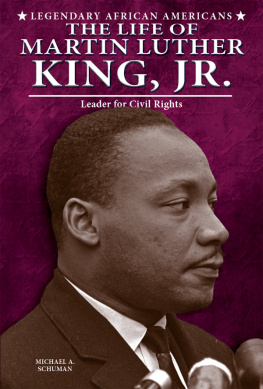$29.95 (CAN $35.95)
D r. Martin Luther King Jr. loved the fried catfish and lemon icebox pie at Memphiss Four Way restaurant. Beloved nonagenarian chef Leah Chase introduced George W. Bush to baked cheese grits and scolded Barack Obama for putting Tabasco sauce on her gumbo at New Orleanss Dooky Chases. When SNCC leader Stokely Carmichael asked Bens Chili Bowl owners Ben and Virginia Ali to keep the restaurant open during the 1968 Washington, DC, riots, they obliged, feeding police, firefighters, and student activists as they worked together to quell the violence.
Celebrated former Chicago Sun-Times columnist Dave Hoekstra unearths these stories and hundreds more as he travels, tastes, and talks his way through twenty of Americas best, liveliest, and most historically significant soul food restaurants. Following the soul food corridor from the South through northern industrial cities, The Peoples Place gives voice to the remarkable chefs, workers, and small business owners (often women) who provided sustenance and a safe haven for civil rights pioneers, not to mention presidents and politicians; music, film, and sports legends; and countless everyday, working-class people.
Featuring lush photos, mouth-watering recipes, and ruminations from notable regulars such as the Rev. Jesse Jackson, jazz legend Ramsey Lewis, Little Rock Nine member Minnijean Brown, and many others, The Peoples Place is an unprecedented celebration of soul food, community, and oral history.
Copyright 2015 by Dave Hoekstra
Foreword 2015 by Chaka Khan
All photographs Paul Natkin unless otherwise indicated
All rights reserved
First edition
Published by Chicago Review Press, Incorporated
814 North Franklin Street
Chicago, Illinois 60610
ISBN 978-1-61373-059-1
Interior design: Jonathan Hahn
Library of Congress Cataloging-in-Publication Data
Hoekstra, Dave.
The peoples place : soul food restaurants and reminiscences from the Civil Rights era to today / Dave Hoekstra; photographs by Paul Natkin. First edition.
pages cm
Includes index.
ISBN 978-1-61373-059-1 (cloth)
1. African American cooking. 2. Cooking, AmericanSouthern style. 3. RestaurantsUnited States. 4. African AmericansSocial life and customs. I. Title.
TX715.2.S68H64 2015
641.59296073dc23
2015001436
Printed in the United States of America
5 4 3 2 1
I laugh when I hear that the fish in the water is thirsty.
You dont grasp the fact that what is most alive of all is inside your own house, and so you walk from one holy city to the next with a confused look! Kabir will tell you the truth: go wherever you like, to Calcutta or Tibet if you cant find where your soul is hidden for you the world will never be real.
T HE H IDDEN S OUL BY K ABIR , FIFTEENTH-CENTURY S UFI MASTER
F OR ALL THOSE WHO LIFTED THEIR VOICES
CONTENTS
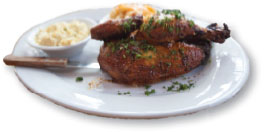
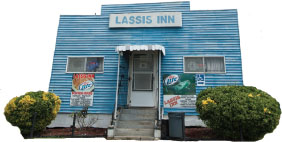



Chaka Khan at the Petrillo Band Shell on June 27, 2008, in Chicago.
FOREWORD
My history with foodways goes back to when I was a teenager on the South Side of Chicago. I cofounded the Breakfast for Children program when I was president of the Calumet High School Afro Student organization. About five other people and I found this church somewhere on East Forty-Something Street. We would meet there every morning. Wed get donations from grocery stores. Lots of oatmeal. Bacon, sausage, milk. Orange juice and bread. Wed feed the kids very early at the church. We should have been more nutrition conscious with those kids but we got what we could get.
Miss Jenkins was an Afrocentric teacher at Calumet who was my role model. She helped me get the breakfast program off the ground. We staged a lot of walkouts and got a new principal instated at the school through boycotts and stuff like that. Thats about the same time I joined the Black Panthers. I was wearing jeans, going barefoot, standing on the corner selling the Black Panther newspaper. I was inspired by Eldridge Cleavers memoir Soul on Ice and James Baldwins Go Tell It on the Mountain. I went to a lot of rallies and knew Fred Hampton [chairman of the Illinois Black Panther Party] and his brother very well. When Fred got killed [in a December 1969 FBI raid] I realized how serious this shit was. I decided to be of service in another way.
Theres not a good reason for us as a people to be obese and rampant with type 2 diabetes. There can be vegan soul food. Im now vegan six days of the week. On the seventh day I eat what I want. But there are certain things I do not eat: mushrooms, pork, any bottom feeder. Im not a beef person. I rarely eat chicken. I make a mean pot of kale with no meat at all. I use tofu or soy-based meat products.
Ive been to Sylvias in Harlem. I love that place. Im very good friends with Minister Louis Farrakhan and whenever I can find one of his restaurants I will go there. What does he own? Like all of Seventy-Ninth Street in Chicago. Ive had dinner many times at his house. His wife, Betsy Ross, cooks the best foods, a great pumpkin soup, a brown rice dish with vegetables. Its almost Turkish in the flavoring. For dessert we have sugar-free fruitcake. Its all homemade.
My perfect meal is a large bowl of black bean soup and corn bread with salsa. My mother makes a homemade salsa that is very hearty and nutritious. I eat a lot of vegetables. I do put sugar in some things. Ill eat a piece of apple pie and frozen yogurt. That is a big treat. I used to bake my own multigrain bread. I made eggplant casseroles and lots of soups. Split pea is my favorite.
Soul is natural. Soul will always be natural.
C HAKA K HAN, O CTOBER 2014
Chaka Khan was born Yvette Marie Stevens on March 23, 1953, in Chicago. Her blend of jazz, rock, funk, soul, disco, and pop opened the door for ten Grammy awards and twenty-two Grammy nominations. In 1999 she established the Chaka Khan Foundation, which assists children at risk through poverty or health issues like autism.
INTRODUCTION
Helen Maybell Anglin was the beloved owner of the Soul Queen Restaurant, 9031 South Stony Island in Chicago. She opened Soul Queen in 1976, although her life in Chicago soul food began in the late 1940s.
Helen fed the Rev. Jesse Jackson during the embryonic days of Operation Breadbasket, which in 1971 became Operation PUSH (People United to Save Humanity), as he worked to improve the African American economy.
Anglin died in 2009 at the age of eighty. In her nascent days as a small business owner she served civil rights marchers and invested in African American-owned businesses, including Ebony and Jet magazines. Muhammad Ali, Count Basie, and Mahalia Jackson were among the notables who dined like royalty at the Soul Queen.
In 1994 I was exploring the meaning of soul in a piece I wrote for the Chicago Sun-Times. Soul music is my favorite genre of American music, especially the politically charged yet sensitive Chicago soul of Jerry Butler, Curtis Mayfield, the Staple Singers, Otis Clay, and Donny Hathaway.
Next page
